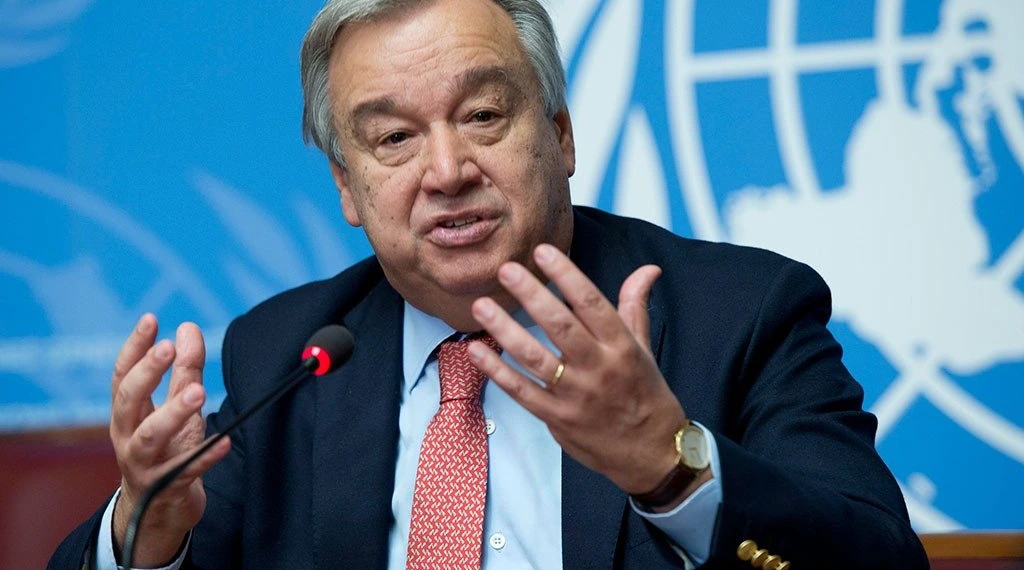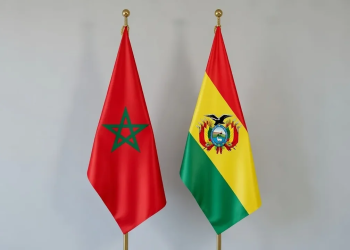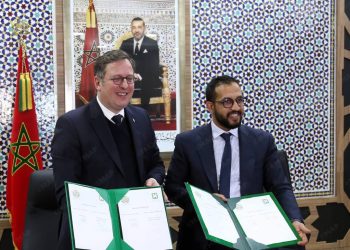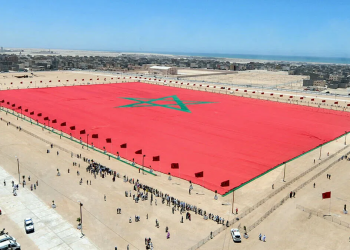In his annual report to the Security Council on the Moroccan Sahara, United Nations Secretary-General António Guterres highlighted a renewed international commitment to resolving the Moroccan Sahara issue, which is entering its 50th year.
This report, published Wednesday, highlights the imperative to seize this historic moment to accelerate the search for a lasting political solution.
The report states that the UN, through the Secretary-General’s Personal Envoy, Staffan de Mistura, is continuing its efforts to revive the negotiation process, despite persistent obstacles. It emphasizes that the growing support of the international community represents a decisive turning point in this five-decade-old conflict.
A key element of the report is the renewed commitment of the major powers, which are strengthening their calls for a negotiated solution based on the Autonomy Initiative proposed by Morocco.
Guterres recalled Washington’s reaffirmation of its position in favor of “Moroccan sovereignty over the Sahara” and its insistence on the need for the parties to “engage without delay in discussions” using the Moroccan Autonomy Initiative as the sole framework, adding that the United States stood ready to “facilitate progress” toward a solution.
The Secretary-General also emphasized that the United Kingdom has taken a position supporting the Autonomy solution proposed by Morocco, describing it as “the most credible, viable, and pragmatic” for a lasting resolution. He indicated that London has expressed its commitment to “actively support” the efforts of the UN Personal Envoy to advance the process.
In his report, Antonio Guterres highlighted the urgent need for concerted action as the fiftieth anniversary of the conflict approaches in November 2025. “This anniversary marks not only an alarming situation, but also an opportunity to renew international commitment to an accelerated resolution,” he said.
The United Nations and major powers are calling for an immediate resumption of negotiations. The Secretary-General emphasized that, although progress has been made, many obstacles remain. Now is the time to seize this international momentum and press for a resumption of talks, emphasizing that “the international community can no longer afford to wait.”
MAP: 23 October 2025








